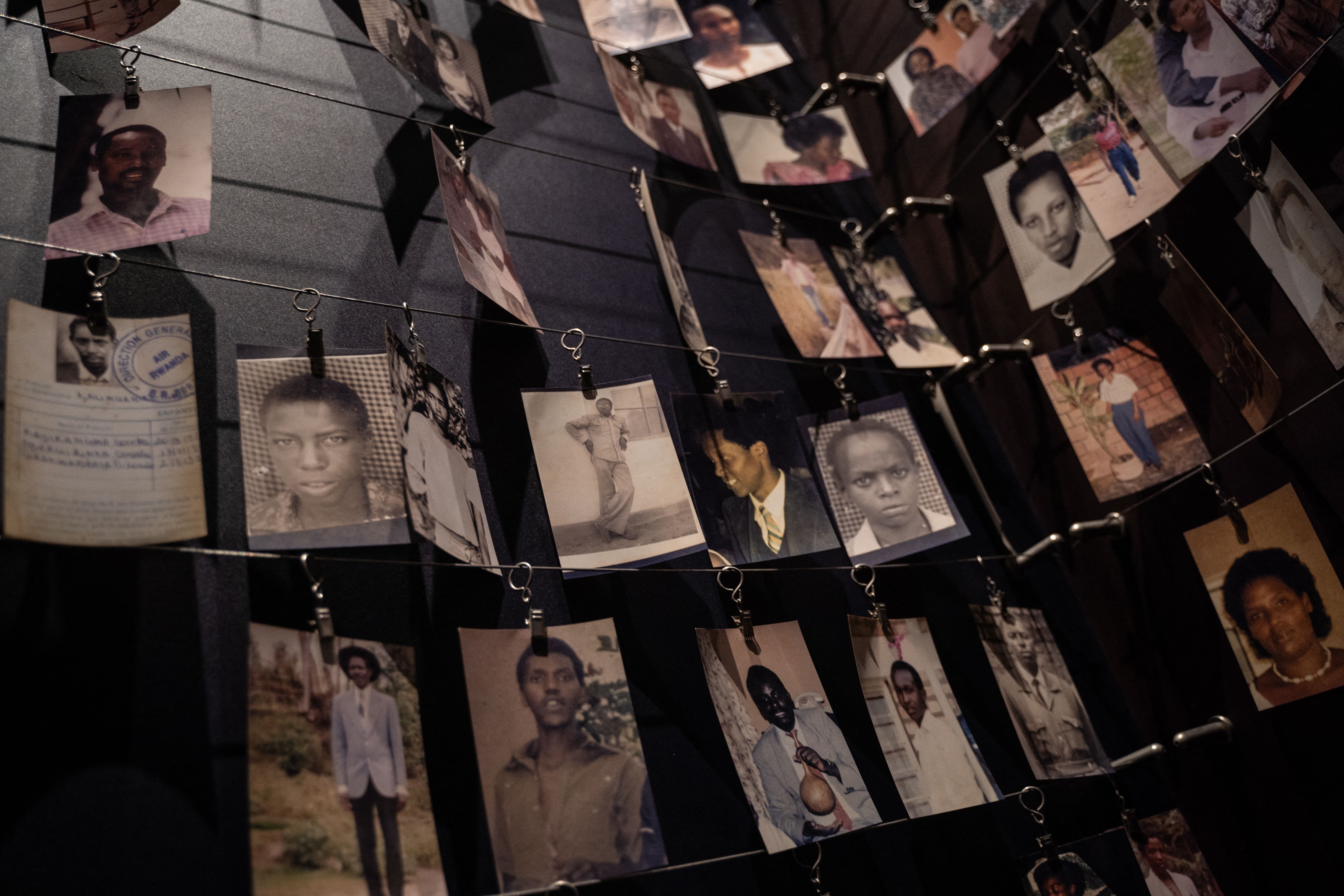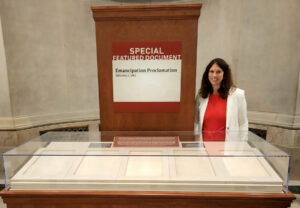The French government armed, trained, and protected the Rwandan government as its forces in 1994 carried out the killings of some 800,000 Tutsi, a newly released report concluded.
Commissioned by the Rwandan government, the report details the findings of nearly four years of research and investigation led by the Washington, DC law firm of Levy Firestone Muse.
The report charged that “French officials armed, advised, trained, equipped, and protected the Rwandan government, heedless of the Habyarimana regime’s commitment to the dehumanization and, ultimately, the destruction and death of Tutsi in Rwanda.”
The Muse report echoes similar findings released last month by French President Emmanuel Macron. That report, commissioned by Macron in 2019, found that the European nation bears “serious and overwhelming” responsibility for the 1994 genocide in Rwanda.
The French commission, led by historian Vincent Duclert, was comprised of 15 independent historians, including experts on the Holocaust, the Armenian massacre, and international criminal law, who were given unprecedented access to nearly 8,000 recently unclassified French archival documents.
France was “not complicit in the criminal act of genocide,” Duclert told the Associated Press, but “its action contributed to strengthening (the genocide’s) mechanisms.”
“And that’s an enormous intellectual responsibility,” he added.
The report found that despite the French government’s knowledge of the mounting violence within Rwanda, it did little to nothing to curb the flow of weaponry to the Hutu regime.
As early as 1964 the French newspaper Le Monde described killings with clubs and recounted corpses thrown in rivers. On February 6 that year, Le Monde quoted British academic Bertrand Russell, who said that the violence against the Tutsi was the most horrible and systemic extermination of a people since the Nazis’ extermination of the Jews.
Fearful of France’s waning influence in Africa, the report asserts that the then French president, François Mitterrand, maintained a “strong, personal and direct relationship’’ with the longtime Hutu president of Rwanda, Juvenal Habyarimana, despite his “racist, corrupt and violent regime.”
The French commission has criticized Mitterrand and his failure to act despite clear warning signs of ethnic tensions in the years, months, and weeks leading up to the outbreak of the genocidal violence. The Rwandan report found that the French government actively turned a blind eye to the genocide preparations.
When the killings began in the wake of Habyarimana’s assassination on April 6, 1994, the French did little to quell the frenzied violence.
It was not until June 22 that the United Nations authorized the deployment of French forces in Operation Turquoise, which “came too late to save many Tutsi,” the Rwandan report states.
The Muse Commission goes even further, charging the French of using the operation as a way for the European nation “to intervene in Rwanda under the guise of a humanitarian effort.”
“French officials portrayed the operation as a humanitarian mission to the public and the UNSC,” writes the commission in its damning investigation. “The public record includes information that soldiers who participated in the mission were ordered to rearm the IRG (Hutus).”
When the violence concluded in July 1994, the shocked world and wounded Rwandan nation attempted to parse out what had occurred in those short few months.
For decades, relations between the two nations have remained hostile, with the unresolved history long poisoning relations between France and the government of President Paul Kagame, the Tutsi leader who has controlled Rwanda for nearly a quarter century, writes the New York Times.
The commission is Macron’s latest attempt to reset relations with Rwanda, with Rwanda’s Foreign Affairs Minister Vincent Biruta telling the AP that the African nation is “ready” for a “new relationship” with France.
“Maybe the most important thing in this process is that those two commissions have analyzed the historical facts, have analyzed the archives which were made available to them and have come to a common understanding of that past,” he said.
“From there we can build this strong relationship.”





